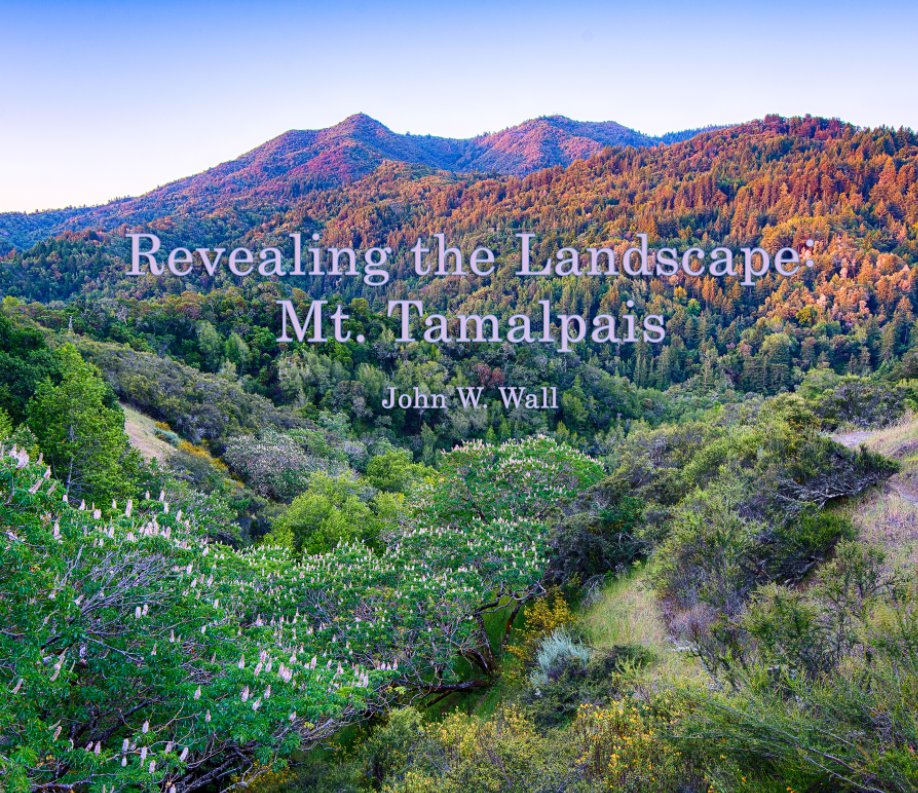Sunrise at White House Pool
Wednesday, October 21, 2020
Pt. Reyes Medley
Monday, October 19, 2020
Marsh Critters
October 2010
Saturday, October 17, 2020
Sabrina Basin
Friday, October 16, 2020
Taylor Creek
After checking out the bears and salmon and other wildlife at Taylor Creek I drove out around the lake to visit the Bonsai Rock. The next day I'd head down I-395 to check out some fall color in the Eastern Sierra near Bishop.
* * *
Thursday, October 15, 2020
Almost New
I was still out on my morning walk when I saw the rising crescent moon, picking up a little earthshine, centered between the Twin Peaks. I knew it would move out of position by the time I could get home, but I dragged out the camera and snapped this shot anyway. Maybe I would take little gifts like this for granted if I lived in a place where the sky was generally visible, but I definitely cherish these little reminders of what shines above the fog.
* * *
Wednesday, October 14, 2020
Elementals
Elementals is another name for nature spirits, but I like to think we're all elementals, tracing our lineage to a moment when time itself mysteriously began almost 14 billion years ago.
* * *
Tuesday, October 13, 2020
The Art of Tracking
From Liebenberg's introduction:
In this book I will address one of the great mysteries of human evolution: How did the human mind evolve the ability to develop science?
The art of tracking may well be the origin of science. Science may have evolved more than a hundred thousand years ago with the evolution of modern hunter-gatherers. Scientific reasoning may therefore be an innate ability of the human mind. This may have far-reaching implications for self-education and citizen science.
The implication of this theory is that anyone, regardless of their level of education, whether or not they can read or write, regardless of their cultural background, can make a contribution to science. Kalahari trackers have been employed in modern scientific research using GPS-enabled handheld computers and have co-authored scientific papers. Citizen scientists have made fundamental contributions to science. From a simple observation of a bird captured on a smart phone through to a potential Einstein, some may be better than others, but everyone can participate in science.
Today humanity is becoming increasingly dependent on science and technology for survival, from our dependence on information technology through to solving problems related to energy production, food production, health, climate change and biodiversity conservation. Involving citizens in science may be crucial for the survival of humanity over the next hundred years.
Scientific reasoning was part of hunter-gatherer culture, along with music, storytelling and other aspects of their culture. Science and art should be an integral part of human culture, as it has been for more than a hundred thousand years.






























































